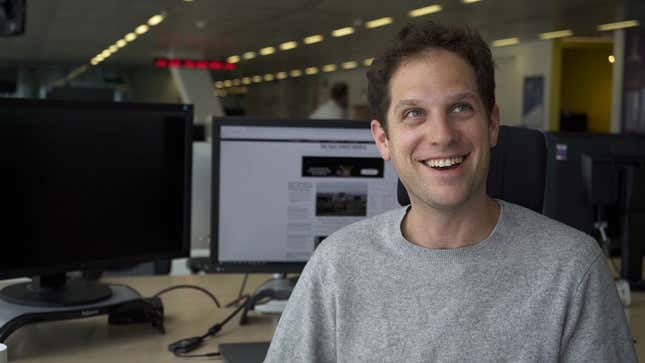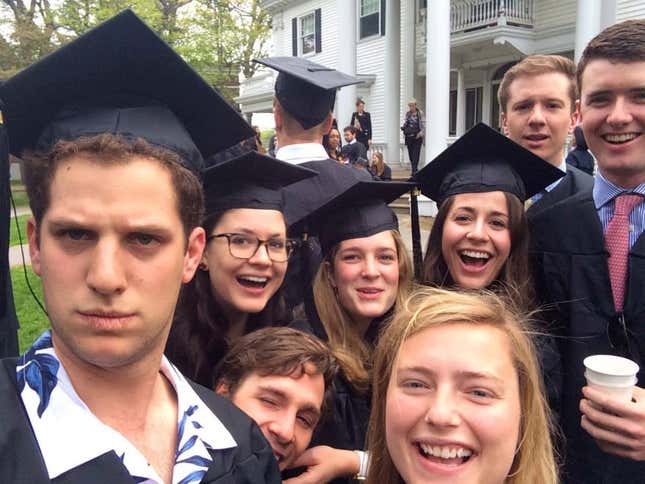Free Evan
As of Wednesday—World Press Freedom Day—my friend Evan Gershkovich, the Wall Street Journal reporter, has been held in Russian prison for five weeks.
In DepthIn Depth

Wednesday marks five weeks since my friend Evan Gershkovich, a Moscow correspondent for the Wall Street Journal, was arrested in Russia. It is also World Press Freedom Day.
Evan, who was accredited as a journalist by the Russian government, was detained by the FSB—the successor agency to the KGB—while reporting in Yekaterinburg, a large city east of the Ural Mountains. He stands accused of espionage, something his bosses and the U.S. government have vehemently denied.
Though Russia has detained multiple foreigners in recent years—including WNBA star Brittney Griner, who was freed in December in exchange for international arms dealer Viktor Bout—Evan is the first journalist to be arrested since the fall of the Soviet Union, marking a significant escalation in Russia’s various conflicts with the West; it’s been reported that Russian President Vladimir Putin personally approved Evan’s arrest. (The Kremlin has cracked down on media outlets that offer perspectives other than Kremlin propaganda but until now, they’d avoided targeting foreign journalists in this way.)
-

-

-

-

-

-

-

-

-

-

-

-

-

-

-

-

-

-

-

-

-

-

-

-

-

-

-

-

-

-

-

-

-

-

-

-

-

-

-

-









































